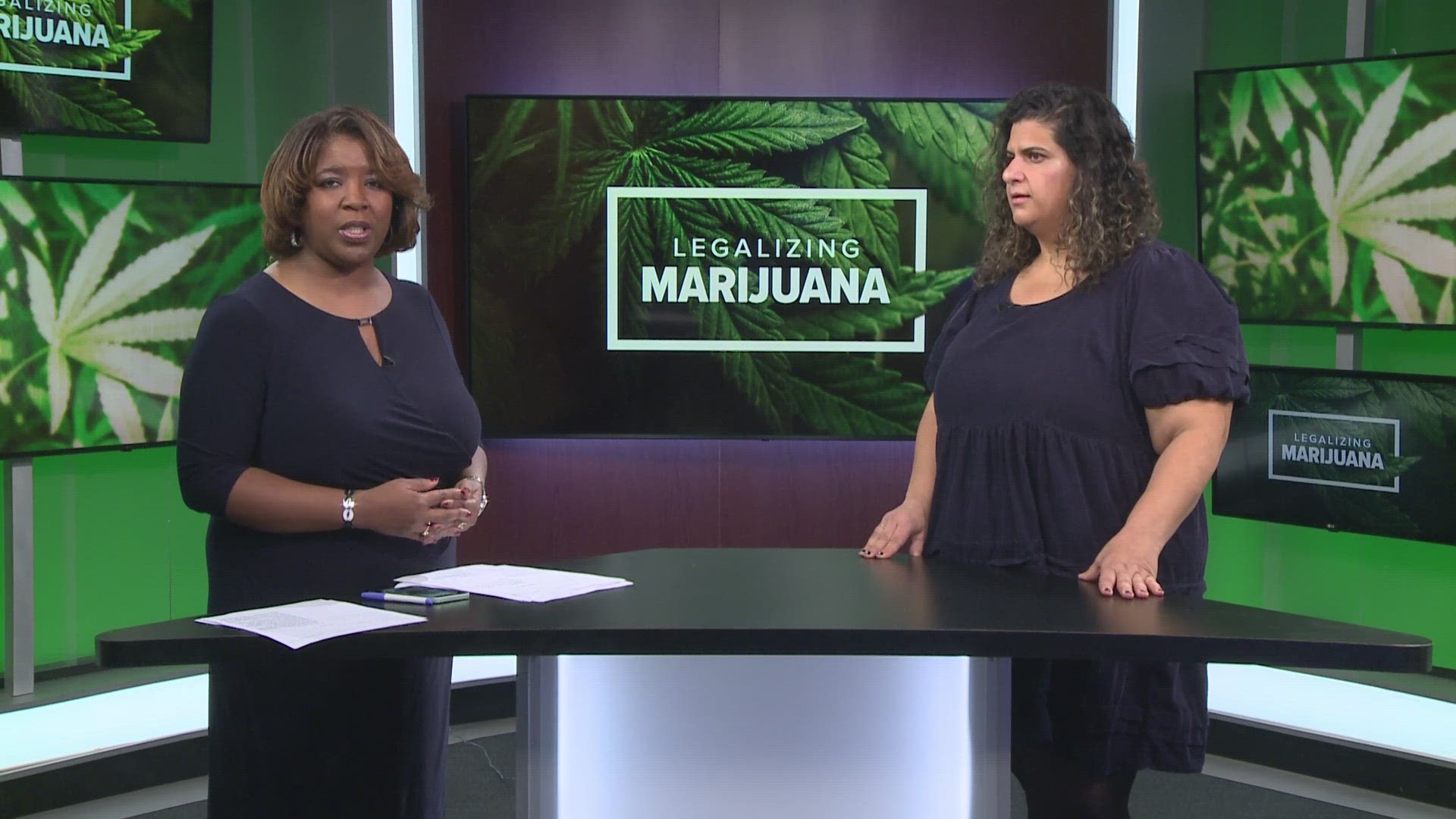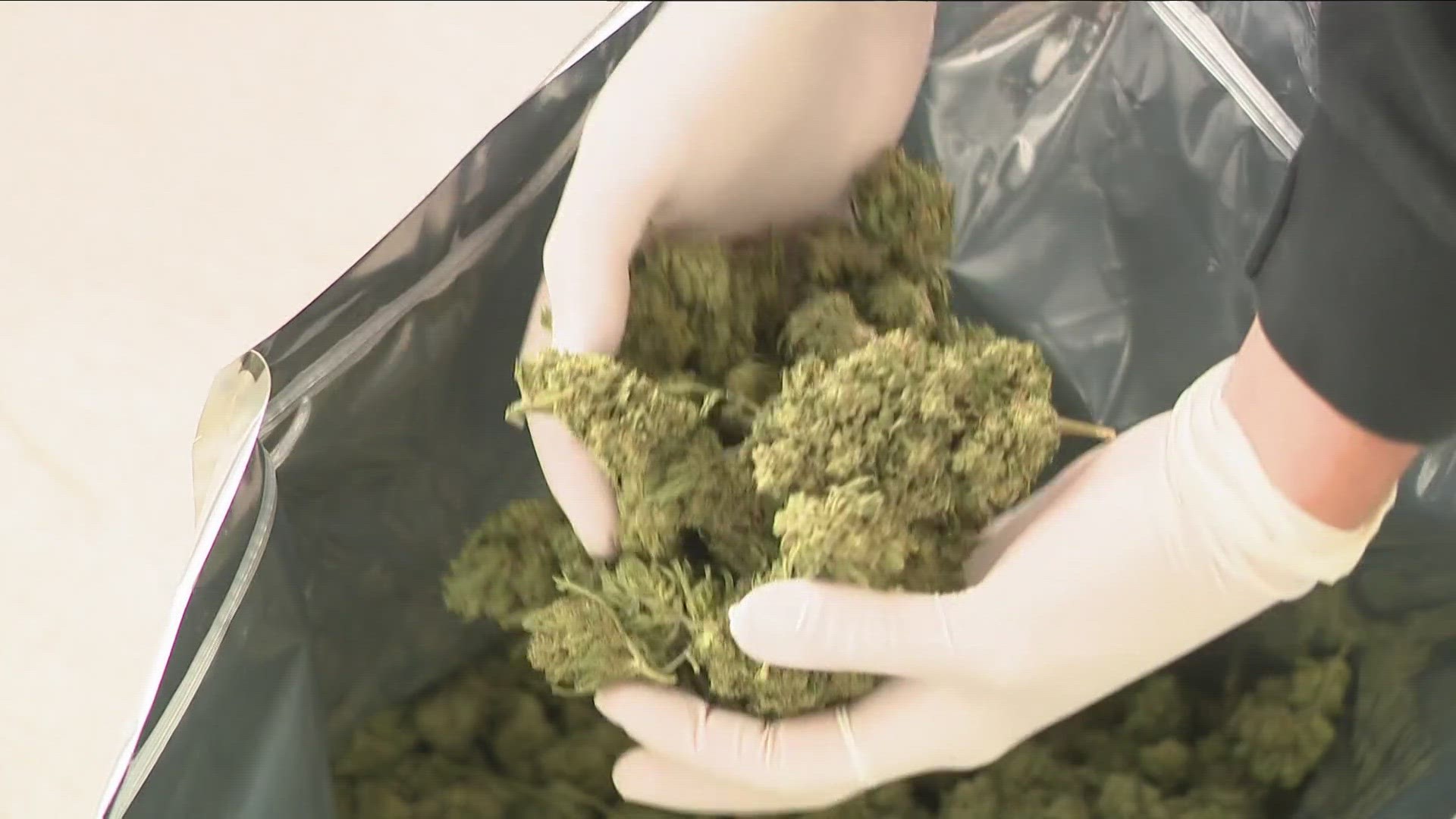BUFFALO, N.Y. — New York cannabis regulators approved a deal on Monday to settle lawsuits that have blocked recreational marijuana dispensaries from opening, as officials move to restart the state's troubled legal market.
The settlement still needs a judge's approval before it can take effect. The state's Cannabis Control Board did not immediately release the terms of the settlement.
The deal would lift a court order that has blocked the state from processing or issuing retail marijuana licenses since August, following lawsuits over rules that promised many of the first licenses to people with past drug convictions.
New York's retail marijuana market has been in disarray since sales began almost a year ago. Bureaucratic problems and lawsuits have allowed only about two dozen legal shops to open, while farmers sit on a glut of crops and an ever-growing black market of storefronts fills the void.
The New York State Cannabis Control Board said more than 400 provisional retail licensees will be able to move forward with their stores if the settlement is approved by a judge. Regulators also recently opened up a general application window to grow, process, distribute, or sell marijuana, expecting to issue more than 1,000 new licenses in a bid to kickstart the market.
The lawsuits — one of them filed by a group of four military veterans and the other by a coalition that included large medical marijuana companies — challenged state rules that allowed people with drug convictions to open the first dispensaries.
Last summer, state Supreme Court Justice Kevin Bryant blocked the state's licensing program from moving forward. He ruled that regulators improperly limited the first round of licenses to people with past convictions rather than a wider group of so-called social equity applicants included in the original law that legalized marijuana.
A representative for the group of veterans declined to comment on Monday. An attorney for the coalition of medical marijuana companies did not return an emailed request for comment.
The settlement vote came during an emergency hearing in New York City.


